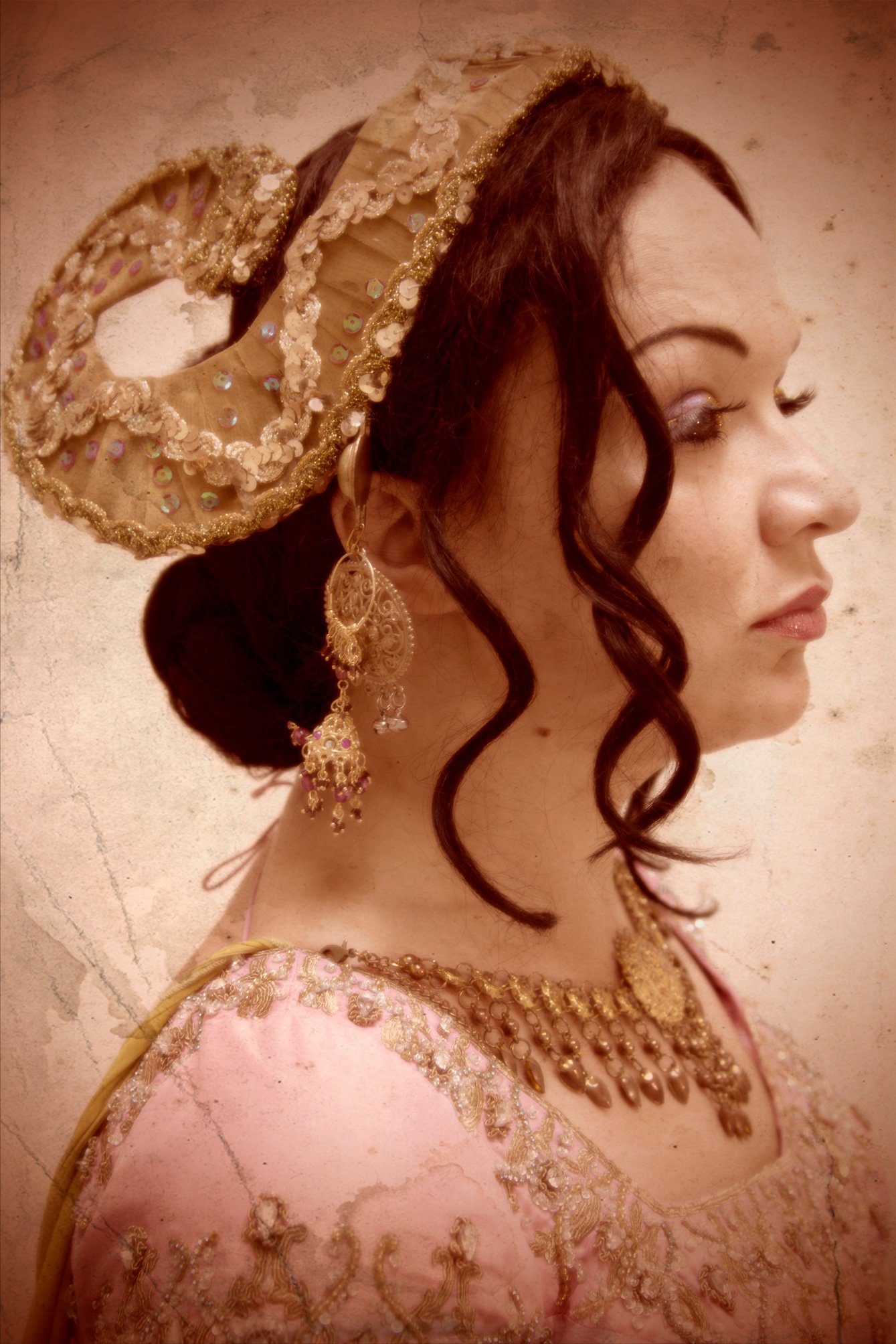The Enduring Enigma of Mata Hari
Sat 25 March 2017, 1pm - 3pm
FREE, registration essential to reserve your place
Room LR_07
London South Bank University
London Road Building, 100-116 London Road
London SE1 6LN
In October 1917, the woman known throughout the globe as Mata Hari was executed on espionage charges by a firing squad at Vincennes on the outskirts of Paris. Born Margaretha Zelle (1876) in Leeuwarden, Holland, in 1905 she reinvented herself as the exotic dancer Mata Hari, trading on the fascination with colonial cultures at the fin de siècle. Although history has provided little evidence of her spying, Mata Hari’s French prosecutors condemned her as ‘the greatest female spy the world has ever known’, a vamp, a courtesan and a divorcee who had caused the deaths of 50,000 allied combatants.
On the centenary of Mata Hari’s death, this event combining talk and performance considers the iconic legacy of this enigmatic woman who challenged the gendered expectations of early-twentieth-century culture.
The event will be presented by:

Julie Wheelwright
Julie Wheelwright (PhD) has been a senior lecturer at City, University of London since 2007, where she is programme director of the MA Creative Writing (Non-Fiction). A former journalist, she is the author of three books on women’s history, Amazons and Military Maids: Women Who Dressed as Men in Pursuit of Life, Liberty and Happiness (Pandora Press: 1989), The Fatal Lover: Mata Hari and the Myth of Women in Espionage (Collins and Brown: 1992) and Esther: The Remarkable, True Story of Esther Wheelwright (HarperCollins: 2011). She is the author of several book chapters and academic articles on subjects related to women and warfare, transgressive women and, more recently, on the ethics of literary journalism. She has written for the Guardian, The Times, Scotland on Sunday and History Today, among others, and produced and presented documentaries for the BBC and for Channel 4 in the UK. Her current research interests include trauma writing and memory, the ethics of historical representation as cultural form, and biographical accounts of transgressive women.

Aletia Upstairs
Aletia Upstairs is a performing artist, cabaretist, singer-songwriter and vintage songstress in the third year of a PhD based on Performing Archives. Her practice involves (auto)biographical, verbatim, one-to-one and participatory performance as well as performing archives. She investigates subjective archives and examines individual memories and mementos in performance pieces that are intercultural and interlingual with traces of original music, poetry and puppetry. She has produced several cabaret shows as well as a solo album Possibility and an EP entitled Catch Me When I Fall. She regularly presents her work at academic conferences and symposiums. In 2016 her work Emballage was awarded the Kantor Demarco Award at the Edinburgh Fringe Festival and she performed at London Pride. She has recently been selected as a 2017 Jazz Idol Finalist and will debut a new cabaret collaboration Bilbao is not in Spain on 5 April at the Royal Vauxhall Tavern.
Her Mata Hari cabaret investigates and illuminates how Margaretha Zelle re-invented herself as Mata Hari: woman of mystery, the first exotic dancer of Europe, and a temptress who entertained men and how Mata Hari’s naivety ultimately led to her downfall.
Ada Kan
Ada Kan is a classically trained pianist and accompanist from the Royal Academy of Music and the Royal Northern College of Music. Versatile and experienced, she has performed cabaret and jazz in venues across London such as Ronnie Scott’s Bar, Wilton’s Music Hall, Soho Theatre and St James Theatre.
Image credit: Mata Hari 1910 - Pedro Ralha
![]()











